Editorial

Using The "3-I" Framework to Analyze Ontario's Long-Term Care Homes System

Many Languages, Many Realities: The Social and Psychological Effects of Immigrant Multilingualism and its Policies

Advancing Health Equity: The Impacts of SDoH on Mental Health and Wellbeing
Law directly impacts the health and well-being of citizens, whether positively or negatively. While the law strives towards health equity, certain social determinants of health (SDoH) put individuals at a disadvantage and undermine their wellbeing [1]. The health issues vulnerable social groups face can be attributed to the cultural, socio-economic, and environmental conditions they experience [1]…

The Migration of Mental Health
Despite being unexplored within academic discourse, migration may be a causal contributor to worsened mental health status due to the detrimental impacts migration processes can have on migrants’ health. The migratory process is highly complex, interrelated, and incites differing experiences, which may result in a significant toll being taken on individuals, their families and more broadly, their communities.…

Sculptors of Women's Bodies
Female genital mutilation and cutting (FGM/C) involves the partial or total removal of the female external genitalia for non-therapeutic reasons [1]. The World Health Organization (WHO) estimates that over 200 million girls and women alive today have undergone some form of FGM/C in approximately 30 countries in Africa, the Middle East, and Asia [2]…

Luck or A Strong Response: Why Did Pakistan Fare Relatively Better During COVID?
On 26th February, 2020 nearly a month after the World Health Organization had declared COVID-19 as a ‘public health emergency of international concern’, the then Special Advisor to Prime Minister (SAPM) of Pakistan on Health, Dr. Zafar Mirza, announced the first two reported cases of COVID-19 in Pakistan [1]…

Ongoing Crisis of Agricultural Migrant Workers amid COVID-19
Canada’s seasonal agricultural workers make up a large portion of the agricultural industry and ensure that the country remains free of food insecurity. We often forget about the extensive labour that goes into the production of our food supply. Canada’s agricultural production and supply largely depend on migrant seasonal agricultural workers, who make up about 93% of the agricultural industry [1,16]…

A Call to Medical School Admissions Committees to Address the Ethical Implications of Voluntourism
The years of 2020 and 2021 were marked by closed borders and cancelled summer travel. Amongst the many trips that were cancelled were volunteer holidays, a common activity for eager post-secondary students applying to competitive graduate programs, especially pre-medical students. Voluntourism, the act of volunteering abroad whilst on vacation, had a growing market before the pandemic at an estimated global value of CAD $2.6 billion a year [1]…
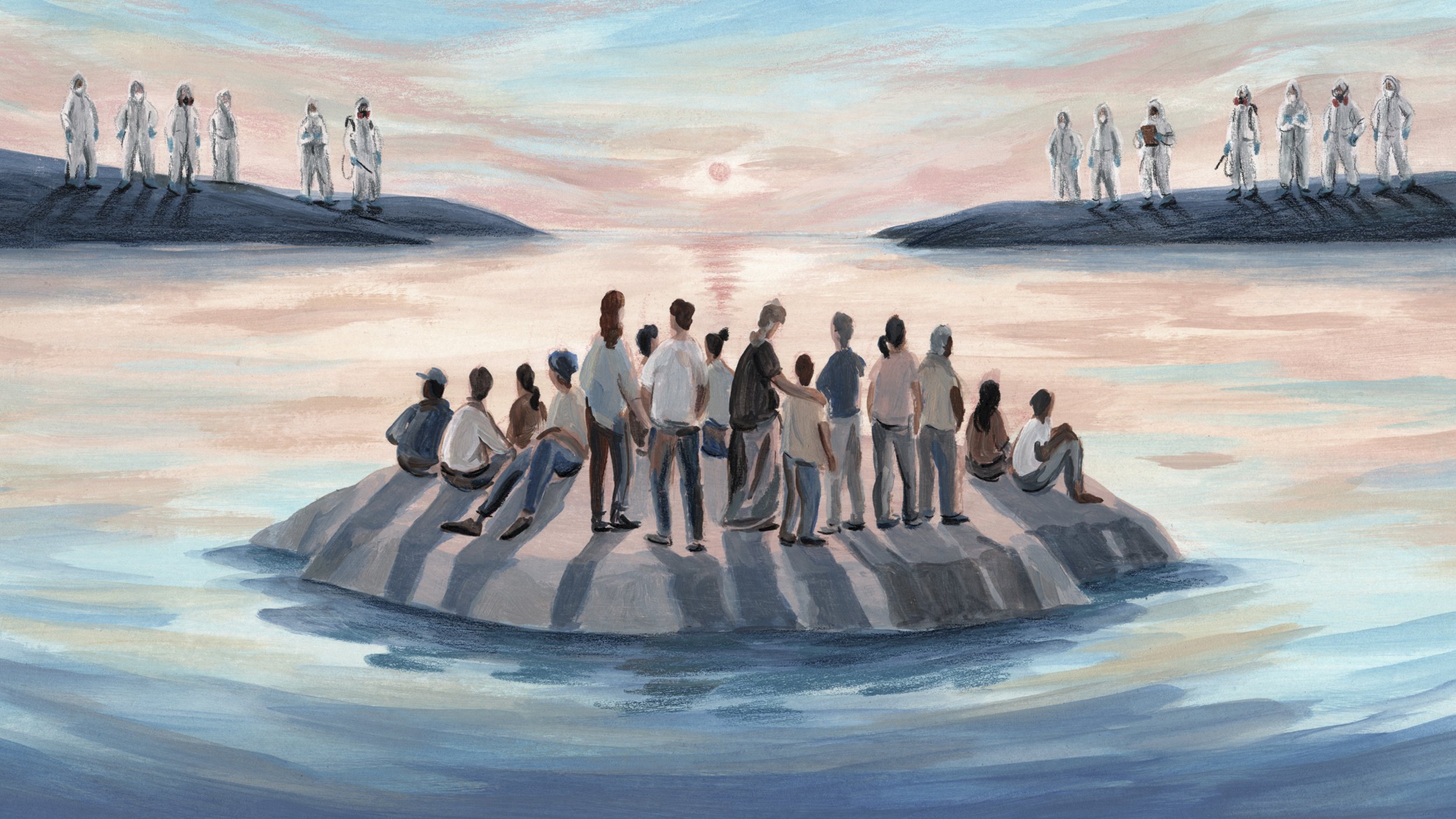
Public Health Lessons from the Past: Scapegoating
Crises such as the COVID-19 global pandemic can lead societies to blame others for their misfortunes, often a group of people from a racial, ethnic and/or religious minority [1]. This is known as scapegoating [1]. Since the COVID-19 pandemic began, Asian Canadians have been victimised as scapegoats, increasingly becoming targets of violent anti-Asian attacks…

The COVID-19 “Infodemic”: An Intersection Between Fake News and Public Health
Although the world has witnessed numerous pandemics in the past, the present COVID-19 pandemic illustrates a unique phenomenon on the global stage: social media intermingling with the spread of health information.

Sexual Minorities Have Severely Less Access to HIV-Related Medical Services in the United States
Gay, bisexual, and men who have sex with men (gbMSM) are the most affected by HIV, accounting for 69% of new HIV infections in the United States. Among this population, black gbMSM experience significantly higher rates of HIV infection compared to all other racial groups and are the least likely to initiate antiretroviral treatment.

COVID-Mediated Anthropause and the Pressing Need for a Planetary Health Perspective
The COVID-19 pandemic has stopped much of human activity in its tracks over the past eleven months, most notably due to many countries closing their borders, restricting public transport usage, and putting nation-wide lockdowns into place in an effort to enforce social distancing and control coronavirus case counts…
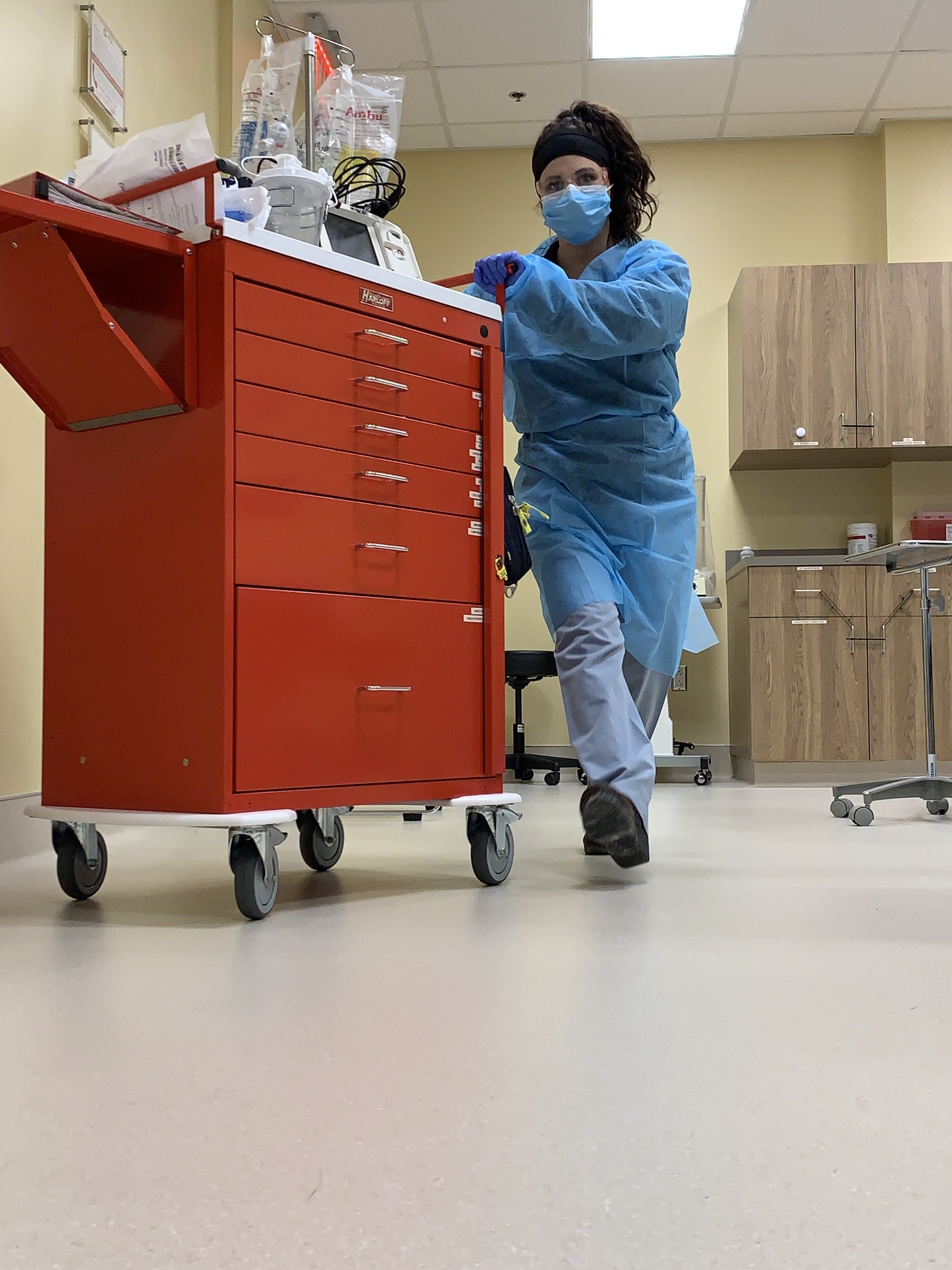
New York State Ventilator Allocation Guidelines: Legal and Ethical Dilemmas in the Materialization of Policy
One of the largest issues currently concerning policymakers and medical workers is that ventilators are running out in New York City, the epicenter of the COVID-19 outbreak in the United States.

Tensions between the Convention on the Elimination of All Forms of Discrimination against Women (CEDAW) and Cultural/Religious Practices: Call for Activist and Grassroot Reforms
Although the Universal Declaration of Human Rights confers protection to all individuals irrespective of gender, it has proven largely inefficacious in promoting women’s rights…
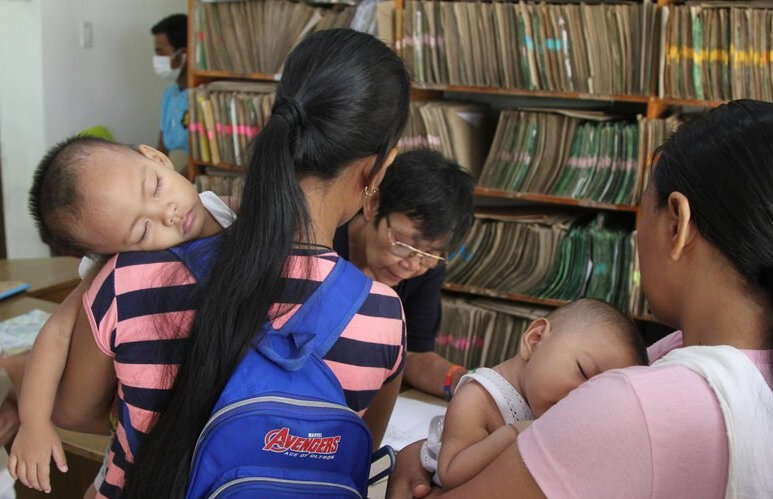
The Spillover Effect of Vaccine Hesitancy
As of July 2019, the Philippines reported over 39,000 measles cases, which is the country’s largest measles outbreak since 2014. The reason for the outbreak may be linked to a controversy surrounding the dengue vaccine…

The 2019 Canadian Election: What Federal Leaders have Promised on Pharmacare
A source of Canadian pride is the universal healthcare system. As citizens, many of us are proud that this country ensures the healthcare needs of all citizens, regardless of one’s income…
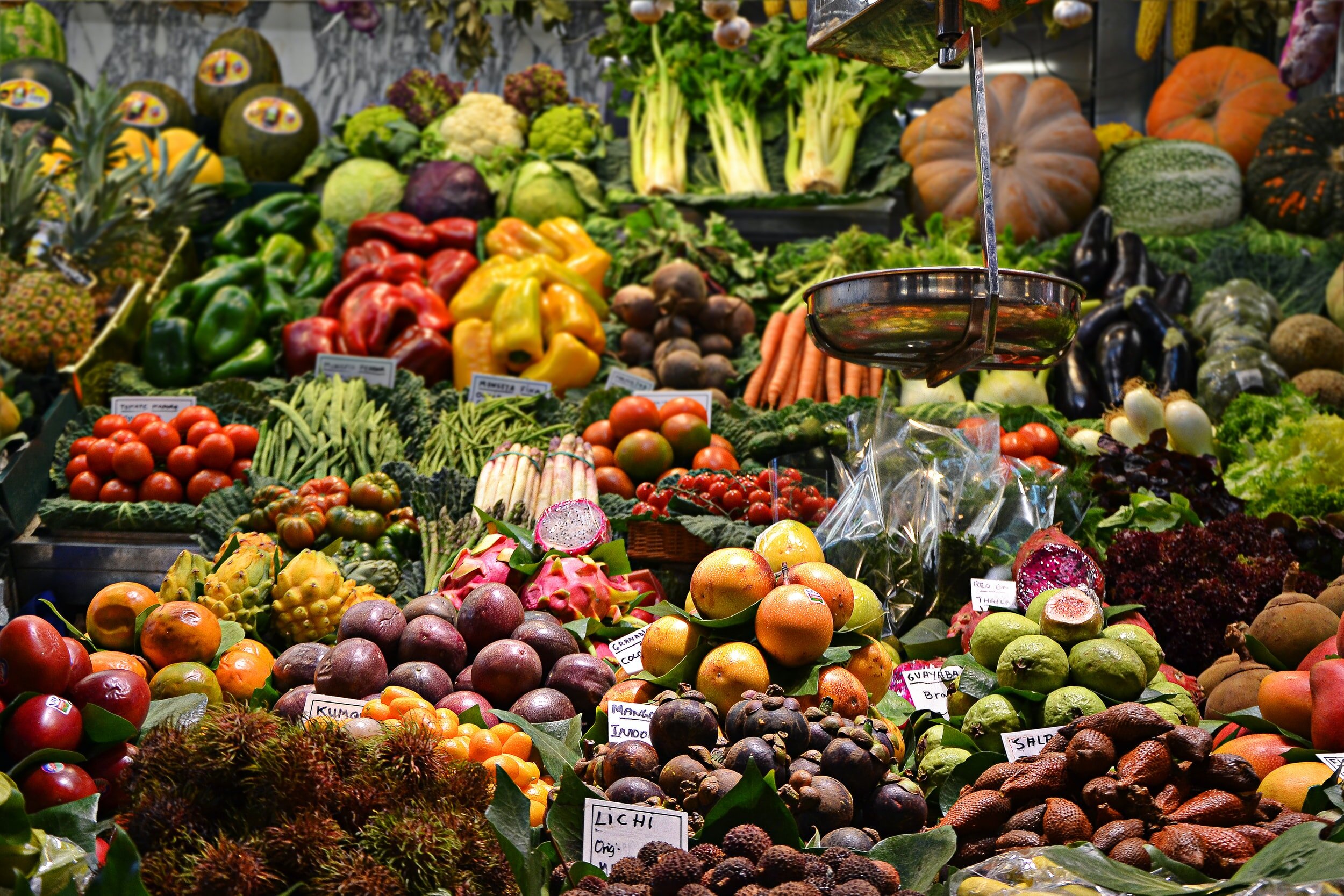
Neoliberalism and Food: How We Circled Back to Traditional Diets
The introduction of processed foods into global diets reflects the long reach of capitalism, and its seamless incorporation into everyday life. Even though the alarming rates of obesity and heart disease are frequently associated with the United States and similar Western contexts, the effects that processed foods have had on…

Rehabilitation in Health Systems: Achieving Equitable Global Policy
According to the World Health Organization (WHO), rehabilitation is “a set of measures that assist individuals who experience, or are likely to experience, disability to achieve and maintain optimal functioning in interaction with their environments”…

Addressing Stigma through a Theatre-Based Program in Western Kenya
The streets of Eldoret, Kenya play a critical role in the lives of street-connected youth who often find themselves in situations that violate their basic human rights…
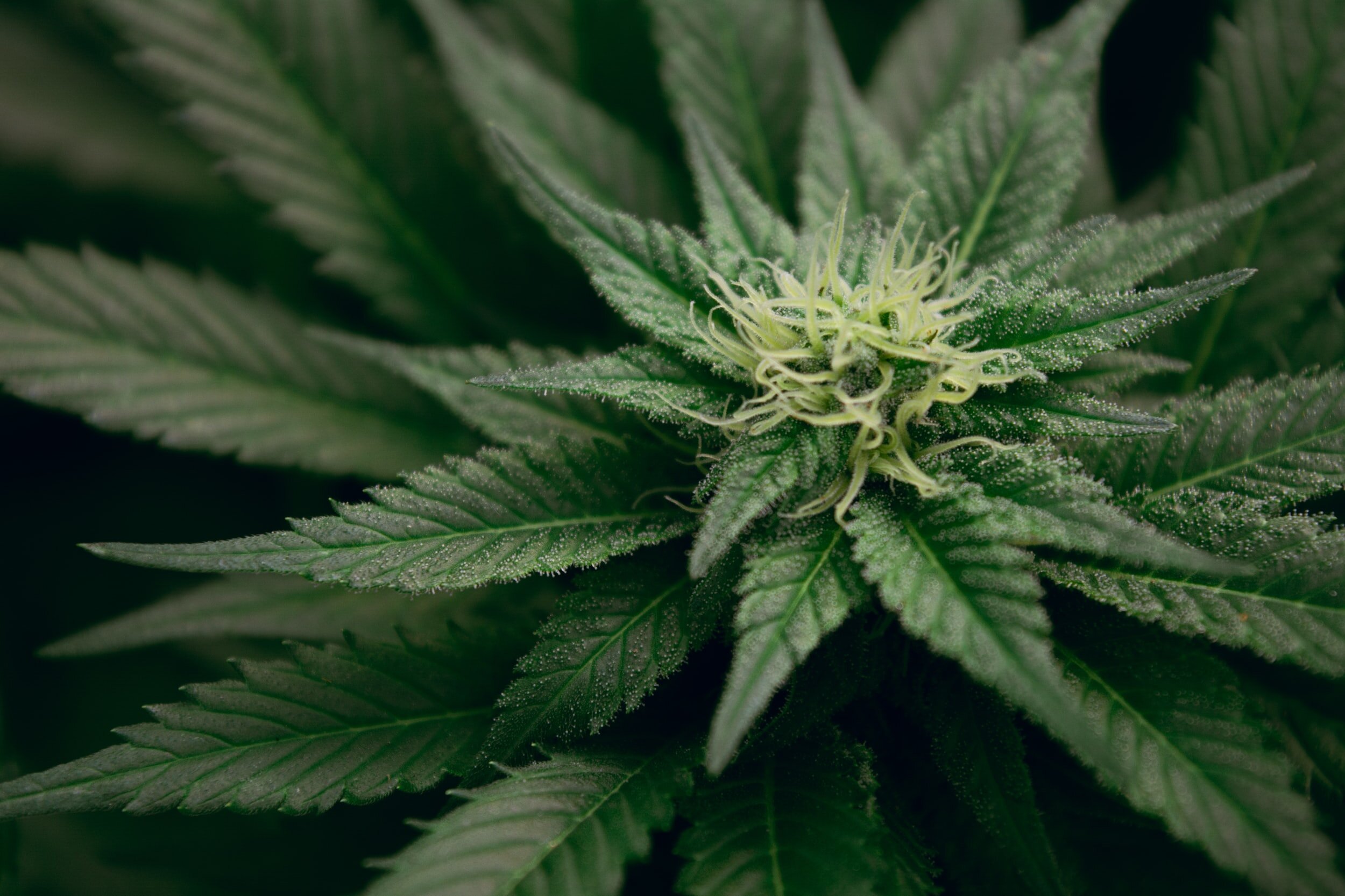
Public Health Policy Implications for the Legalization of Cannabis in Canada
On October 17th, 2018, marijuana was legalized in Canada. Despite its popularity amongst citizens, discussions surrounding marijuana and its public health policies are lacking…
